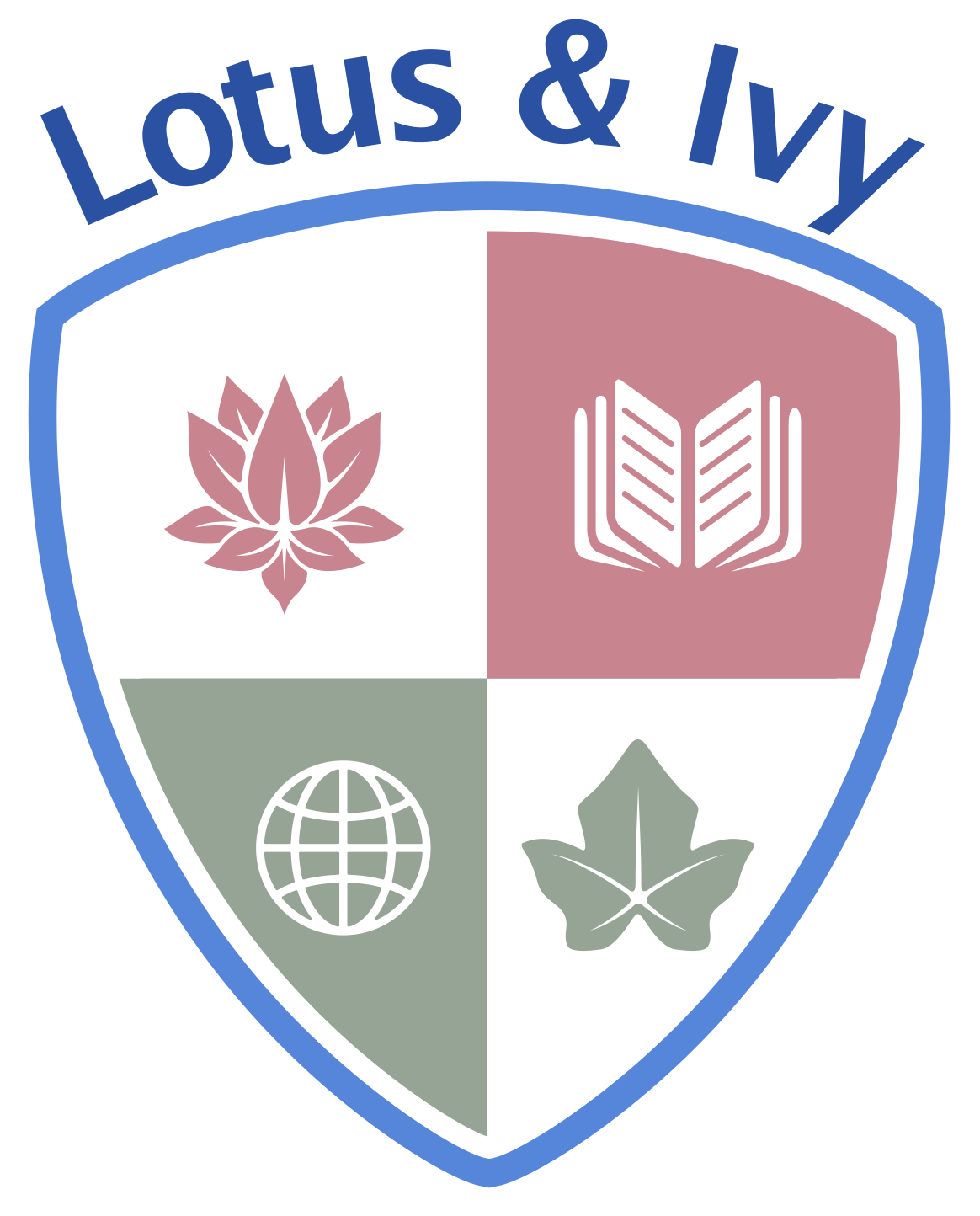“The Gift of Boredom”
By Heather Parrish
“Mommy, I am bored.“
“Boredom is a choice, honey. “
Picture a seven-year-old homeschooler standing firm on her bare feet on the cool tile floors of a Florida home in February. From the waist up, she leans intently forward, raising her elbows to the sky and clenching her fists until there are white knuckles, her stare so intense it could burn a hole through its destination.
This was the full body physical reaction received each time my child informed me that she wasn’t being entertained. She knew that was going to be my answer to this statement every time since the first and yet she still proclaimed it and still had the same reaction and still does, 10 years later. Although, now, it’s a bit of a nostalgic joke between us.
In this fast-paced instant gratification world that we live in, children often feel that they must always have something to do. This is an interesting concept as I observe adults in similar situations— scanning their phones in restaurants while waiting for food rather than talking to the people in their parties or even talking on the phone while riding a bicycle with phone in hand or watching TV in a waiting room. It’s almost like we have to always be doing something while doing something else.
Boredom allows for creativity. Creativity comes in so many forms— the arts, decorating, experimentation with a recipe, rearranging a room, organizing a closet or toys, etc. Creativity brought us the printing press, and the discovery of electricity, and the airplane.
The creative process— thinking of an idea and its execution may not happen quickly. It requires patience and determination. It took Johannes Gutenberg over 10 years (most of that in hiding) to perfect his press. Benjamin Franklin possessed one of the best scientific minds of his time and knew there was more to electricity than static so to prove it to himself and the world he devised his now famous “kite and key” experiment, which took nearly a decade to develop. Wilbur and Orville Wright spent 4 years experimenting, designing, and researching flight before Kitty Hawk. Think about what the outcome may have been if these inventors had lived during our time, where distractions are the norm and society dictates need to always have something to do.
Boredom forces the brain to think outside of the box. Boredom allows for observation. People who observe the world they live in see the problems in it and are motivated to find solutions. Observation brought us refrigeration, the automobile, and the camera.
For thousands of years folks have known to keep certain food and substances cool or there would be severe consequences. Many individuals contributed to the refrigeration process as we know it today. Who could have guessed in the mid 18th century that the evaporation of certain liquids could have a cooling effect? With the invention of the automobile people were able to travel much faster from point A to point B aiding with the problem of personal and public transportation. Photography has changed the way we look at ourselves and others, not to mention revolutionized some professions, even creating new ones.
It’s funny that the very things that people before us have invented sometimes (or oftentimes) distract us from creativity, observation, and invention in our own right. Inventions typically save us time, help us do something better, or entertain us. We, as a people, are moving ever forward. Progress is happening. What do you want your children to be? A part of the progress or a product of the progress?
My iPhone rings on a Saturday morning in late August. I glance at the screen. I see it’s my first born who I dropped off at college 5 days before. I’m excited she’s calling. I answer. She fills me in on retreat activities, scavenger hunts, class tours, etc. I’m grateful to be a part of her day and delighted that she’s enjoying her time. On the docket for tomorrow— a concert, a dinner, a dance. They are definitely keeping freshman busy before classes begin. However, I know at some point she will call me and say she has nothing to do and I’ve already prepared my retort— “Love, you have everything to do!” I can’t wait to use that. I know it will be a topic of conversation with my grandchildren. LOL.
How we use our time is up to us. The gift of boredom has endless possibilities.
The Waldorf curriculum at Lotus & Ivy is at its core, a mechanism for developing creativity in students. Let us support your child’s imagination and individuality with over 90 experiential classes from which to choose, ranging from Main Lesson to Math & Language Arts Skills Practice to a wide variety of Complements to fit your family’s rhythm.

